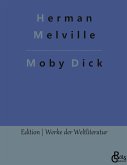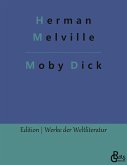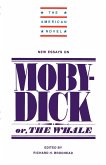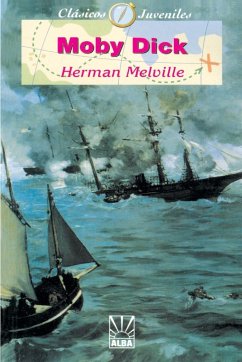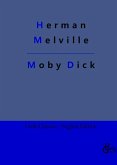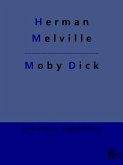Etymology, Extracts, Chapter 1 - Loomings, Chapter 2 - The Carpet-Bag, Chapter 3 - The Spouter-Inn, Chapter 4 - The Counterpane, Chapter 5 - Breakfast, Chapter 6 - The Street, Chapter 7 - The Chapel, Chapter 8 - The Pulpit, Chapter 9 - The Sermon, Chapter 10 - A Bosom Friend, Chapter 11 - Nightgown, Chapter 12 - Biographical, Chapter 13 - Wheelbarrow, Chapter 14 - Nantucket, Chapter 15 - Chowder, Chapter 16 - The Ship, Chapter 17 - The Ramadan, Chapter 18 - His Mark, Chapter 19 - The Prophet, Chapter 20 - All Astir, Chapter 21 - Going Aboard, Chapter 22 - Merry Christmas, Chapter 23 - The Lee Shore, Chapter 24 - The Advocate, Chapter 25 - Postscript, Chapter 26 - Knights and Squires, Chapter 27 - Knights and Squires, Chapter 28 - Ahab, Chapter 29 - Enter Ahab; to Him, Stubb, Chapter 30 - The Pipe, Chapter 31 - Queen Mab, Chapter 32 - Cetology, Chapter 33 - The Specksnyder, Chapter 34 - The Cabin-Table, Chapter 35 - The Mast-Head, Chapter 36 - The Quarter-Deck, Chapter 37 - Sunset, Chapter 38 - Dusk, Chapter 39 - First Night-Watch, Chapter 40 - Midnight, Forecastle, ....


